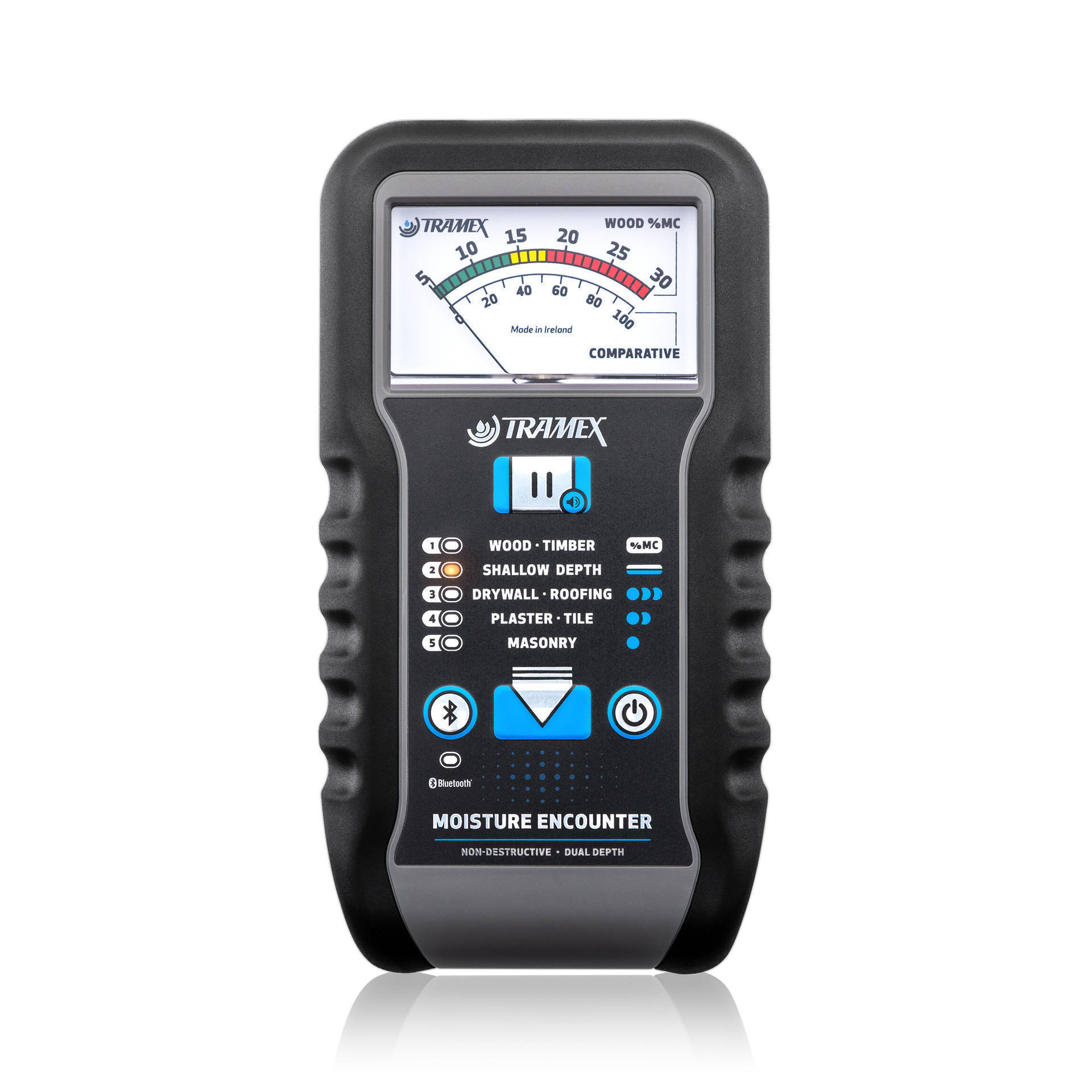The Ultimate Overview to Picking the Right Moisture Meter for Your Demands
The Ultimate Overview to Picking the Right Moisture Meter for Your Demands
Blog Article
The Ultimate Guide to Wetness Meters: A Comprehensive Review and Exactly How They Can Conserve You Cash
Dampness meters offer as crucial devices in detecting and keeping an eye on moisture web content in materials, assisting in preventing pricey damages and making sure the top quality of items. Comprehending the nuances of different types of moisture meters, their applications, and the potential cost-saving advantages they provide can be a game-changer for specialists and organizations alike.
Kinds Of Dampness Meters
Various types of moisture meters are available for different applications in different sectors. One usual type is the pin-type moisture meter, which gauges the electrical resistance between two pins placed into a product. This kind appropriates for wood, drywall, and other building products. Pinless dampness meters, on the various other hand, usage electro-magnetic sensor plates to scan a larger area without causing damages to the material's surface area. Moisture Meter. These meters are suitable for swiftly analyzing wetness levels in big locations such as floors and wall surfaces.

Additionally, there are also specialty dampness meters developed for certain products like hay, dirt, or grain. These meters give accurate wetness readings tailored to the distinct residential properties of the material being checked. Infrared moisture meters measure the thermal homes of a product to identify its moisture web content non-invasively, making them valuable for applications where pin or pinless meters might not appropriate. Understanding the various kinds of dampness meters offered can aid sectors choose one of the most suitable device for their particular dampness measurement demands.

Benefits of Utilizing Moisture Meters
Dampness meters use important advantages in accurately monitoring and assessing moisture levels in diverse materials and environments. One of the key advantages of making use of wetness meters is the prevention of possible damages triggered by excess dampness.
In addition, using wetness meters can lead to boosted power performance. In farming settings, dampness meters play an important role in enhancing crop yields by allowing farmers to check soil dampness degrees and make informed watering decisions.
Just How to Pick the Right Dampness Meter
Selecting the ideal dampness meter involves considering essential aspects such as material compatibility, dimension array, and calibration accuracy. When selecting a dampness meter, it's important to guarantee that the meter is ideal for the particular product you will be screening. Various products have differing electric residential or commercial properties that can affect wetness readings, so picking a meter developed for your material is vital for precise results. Furthermore, consider the measurement array of the dampness meter. Ensure that the meter can spot moisture levels within the array needed for your applications. Calibration precision is another vital variable to remember. Select a moisture meter with reputable calibration to make sure regular and exact readings. Some meters might need periodic calibration changes, so understanding the calibration process is essential. By carefully examining these aspects, you can choose a moisture meter that meets your requirements and gives Get More Information exact dampness dimensions for your tasks.
Proper Techniques for Wetness Meter Usage

Cost Cost Savings With Wetness Meter Applications
Exactly how can the critical use of dampness meters lead to significant cost savings across numerous markets? In the farming industry, moisture meters aid in figuring out the ideal time for gathering crops, protecting against excess or over-drying moisture that can influence the final product's quality.
Likewise, in building and construction, dampness meters aid prevent expensive damages by finding wetness levels in structure products, such as wood or concrete, which can cause structural issues otherwise addressed immediately. By determining issue areas beforehand, professionals can take rehabilitative actions to stay clear of extensive repairs or substitutes, inevitably conserving money and time.
Furthermore, in the food handling sector, moisture meters are necessary for checking product quality and making sure compliance with safety and security laws. By precisely measuring wetness web content in foodstuff, manufacturers why not try here can avoid spoilage, keep freshness, and reduce waste, leading to significant expense savings. Overall, the tactical application of moisture meters is a useful investment that can cause substantial price decreases and boosted efficiency throughout various industries.
Final Thought
In final thought, dampness meters are valuable tools for identifying and determining dampness levels in various products. By utilizing the ideal wetness meter and following proper strategies, users can successfully stop costly damages triggered by excess dampness.
Moisture meters offer as essential tools in identifying and checking moisture content in products, aiding in avoiding expensive problems and try this website ensuring the quality of items. Infrared wetness meters measure the thermal homes of a material to determine its wetness web content non-invasively, making them beneficial for applications where pin or pinless meters may not be appropriate.Wetness meters supply very useful advantages in properly checking and assessing moisture degrees in diverse materials and settings. In farming setups, wetness meters play an essential duty in optimizing plant yields by enabling farmers to keep an eye on soil dampness degrees and make informed watering choices.In conclusion, wetness meters are valuable devices for determining and identifying dampness levels in different materials.
Report this page